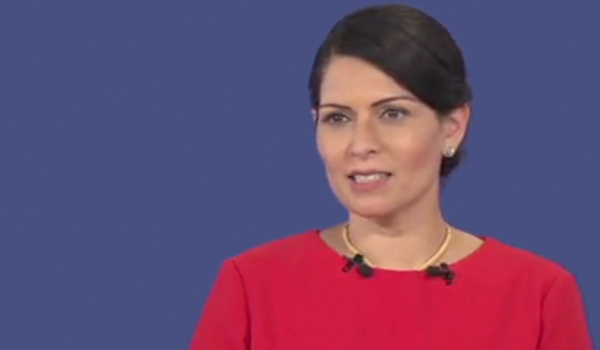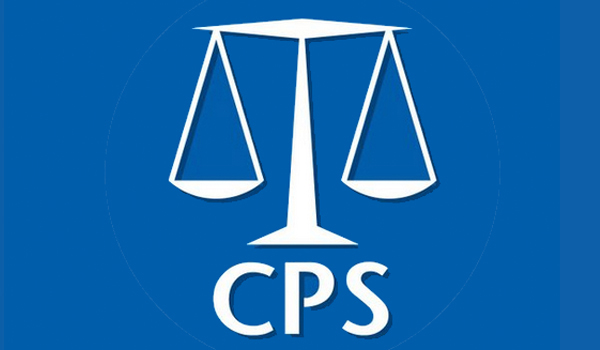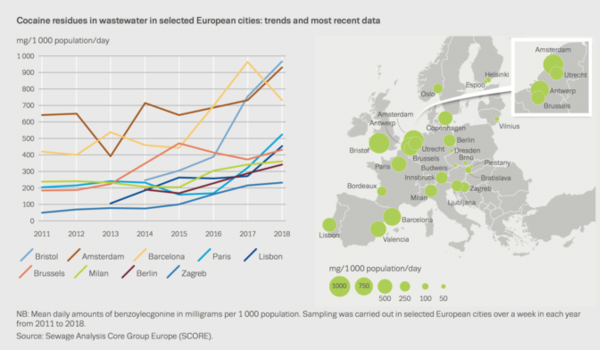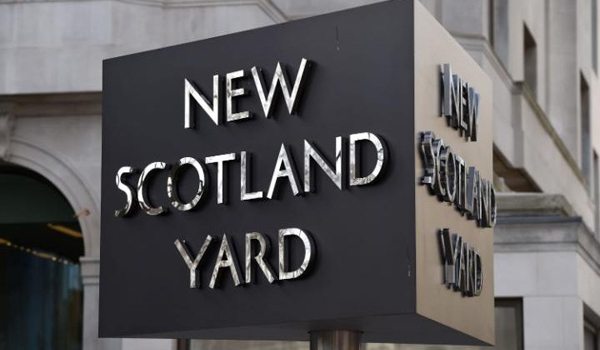Home Secretary commissions review on policing of public protests
The Home Secretary has commissioned an urgent review to examine whether the police have the powers they need to deal effectively with protests.
Priti Patel said the “hooliganism and thuggery” at recent Black Lives Matter and Extinction Rebellion protests was “indefensible”.
She also wants Her Majesty’s Inspectorate of Constabulary and Fire and Rescue Services (HMICFRS) to review how well the police use their powers to manage protests, enforce the law and minimise disruption to communities and how they manage intelligence about protests.
HMICFRS will also look at how well the police balance the rights of protesters with the rights of other people, and the impact on communities and minorities.
Addressing the virtual Conservative Party conference on Sunday (October 4), Ms Patel said: “This Government will always defend the right to protest. That right is a fundamental pillar of our democracy.
“But the hooliganism and thuggery we have seen is not. It is indefensible. There is no excuse for pelting flares at brave police officers. There is no excuse for throwing bikes at police horses.
“It is not acceptable for mobs to tear down statues and cause criminal damage across our streets. And it is not acceptable for thugs to assault our police officers, just for doing their job.”
HMICFRS confirmed this week that it has resumed its inspection programme after it was suspended in March to enable police forces and fire and rescue services to focus on the Covid-19 response.
It said: “We have prioritised new inspections of how forces and fire and rescue services are responding to Covid-19, as they continue to face challenges during this difficult period.
“In addition, we have begun work on inspecting the policing of public protests, following a commission from the Home Secretary.”
HMICFRS said this inspection will examine:
- How well do the police manage intelligence about protests?
- How well do the police plan and prepare their response to protests? This will include the training, authorised professional practice and other guidance, equipment and technology provided to officers.
- How well do the police collaborate in relation to protests? This will include mutual aid and other forms of collaboration between forces and other organisations.
- How effective are the decision-making processes and how do they affect the police response to protests? This will include how well the police use their powers to manage protests, enforce the law and minimise disruption to communities. It will also include how well the police balance the rights of protesters with the rights of other people, and the impact on communities and minorities.
- Does the current legislation give the police the powers they need to deal effectively with protests? This will include an assessment of whether additional legislation would enable more effective policing of protests.
A parliamentary Briefing Paper issued in June – Police powers: policing protests – questioned the current framework for policing demonstrations, with many arguing that police powers against protestors should be strengthened. The paper also highlighted that many believed stronger legislation could also enable the police to intervene more robustly against peaceful protests that cause lengthy and serious disruption.
HMICFRS said its policing Covid-19 inspection was scheduled for October and early November.
It will examine:
- How well did the police prepare for the Covid-19 pandemic?
- How are they responding to it?
- How are they learning, adapting and improving?
“We plan to publish emerging findings by December 2020, and the final report in early 2021,” said HMICFRS. “We are also inspecting the fire and rescue service response to Covid-19.”







